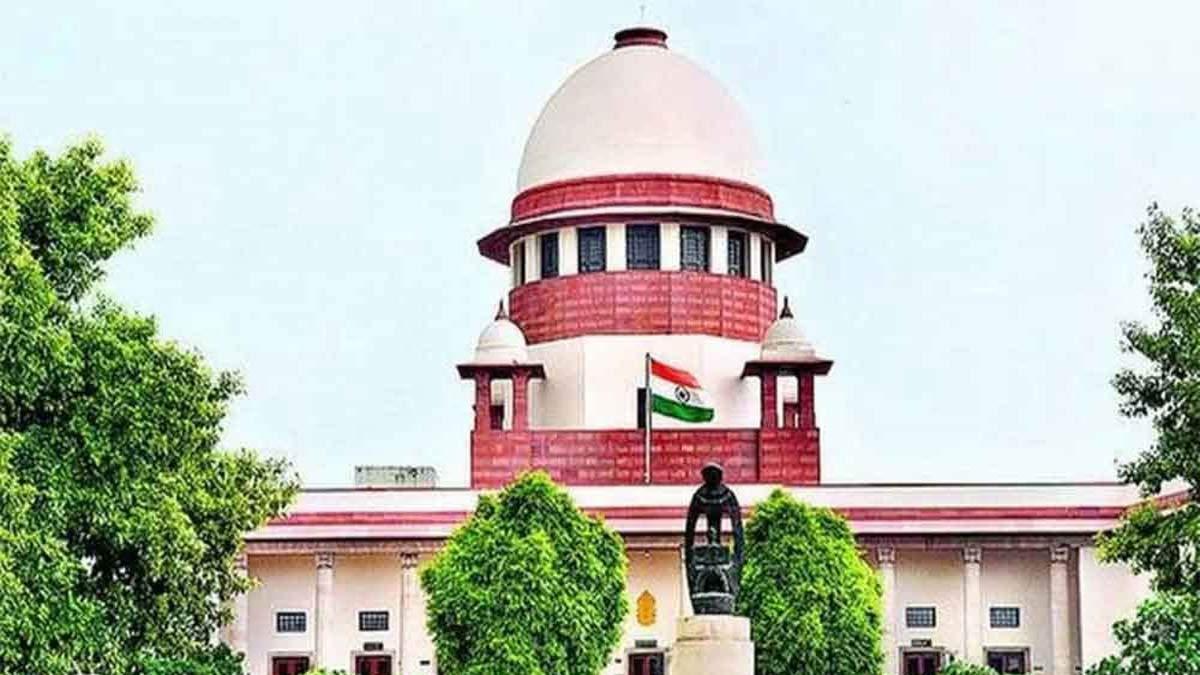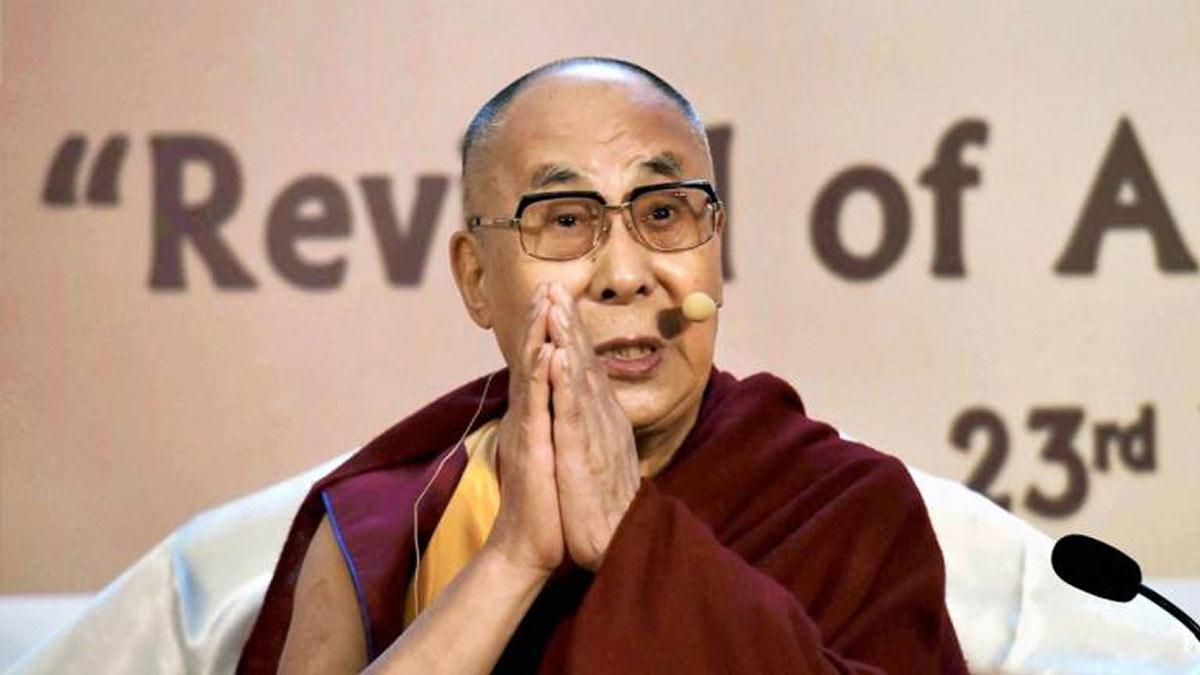The Supreme Court on Monday dismissed a plea challenging the constitutionality of certain amendments introduced in the Constitution for implementing Goods and Services Tax .
A bench headed by Justice J.B. Pardiwala refused to interfere with the Patna High Court order which had dismissed a writ petition challenging the constitutionality of Sections 2, 9, 12 and 18 of the Constitution (101st Amendment) Act, 2016.
"What kind of PIL has been filed? How are you concerned? How is the public concerned? Sorry, dismissed," said the Bench also comprising Justice Manoj Misra.
The high court, in its judgment in April, had held that the petitioner, being an advocate, did not have locus standi to challenge the amendments, as not being engaged in any commercial activity, no legal injury was caused to him.
The special leave petition filed before the apex court said that the high court has failed to appreciate the settled principle of law that if the issue raised is of fundamental importance involving the larger public interest, the rule of locus standi can be relaxed.
It added, "If any amendment to any provision in the constitution abrogates its basic feature, every citizen irrespective of his position has the right to challenge the vires of the said provision before the Constitutional Courts.".
It said the Constitution Amendment Act, 2016, indeed brings a sea change in the manner and power of levy of indirect taxation in the country, the incidence of which is indeed passed on to common people and every citizen at large are affected by such provision whether directly or indirectly.
The application, moved through advocate Chandan Kumar, has stated that executive body GST Council is empowered to create a new levy in respect of petroleum crude, high-speed diesel, motor spirit etc. and de facto amend the VII Schedule of the Indian Constitution from date of its recommendation.
There is implied limitation to the delegation of legislative powers of Parliament as the Parliament under our Constitution is a creature of the Constitution and cannot delegate its essential functions of amendment as provided under Article 368 to another body which is neither a part of the Parliament nor in any way responsible to it," it contended.
The plea further added that the Parliamentary functions under the Act to provide compensation to states have, ex facie, been made subservient to the recommendation of the GST Council, sans any constitutional safeguard, and thus impaired the essential functionalities of the Parliament.
Read also| Calcutta HC Orders Release of Sayan Lahiri, 'Nabanna Abhijan' Organizer


















